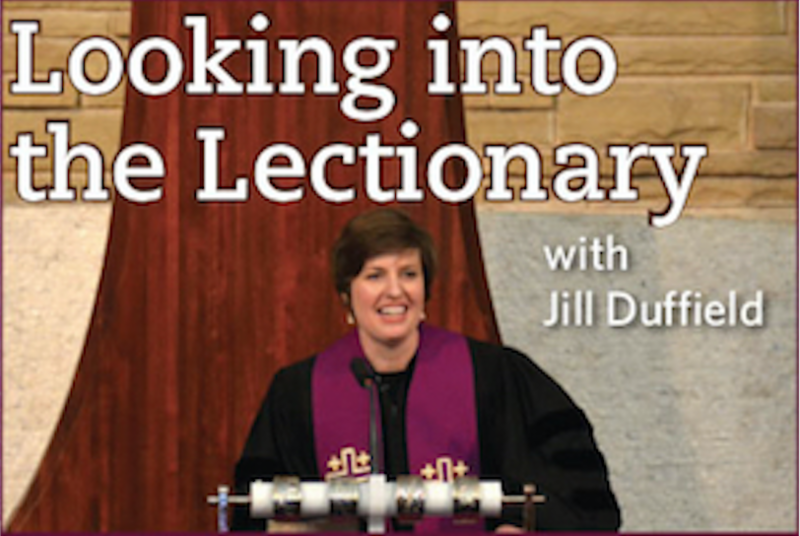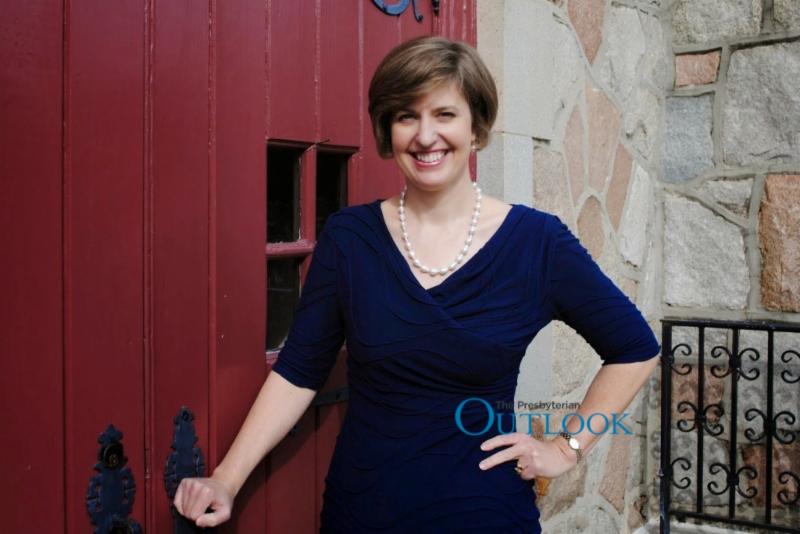Jesus even says that those who follow him have a higher standard of conduct than the high moral mark of the law. In the wake of a few weeks where it looks like a "Lord of the Flies" mentality has taken over in our nation's capital, perhaps pausing to ponder God's call to obey the commandment of walking in God's ways and Paul's admonishment to the church at Corinth to remember our place as servants of God would be prudent. Perhaps considering the "but I say" instructions of Jesus would be helpful, certainly in contrast to the race to the bottom we seem to be witnessing in our common life together.
At base, what's at stake in this week's readings is acknowledging where our loyalty lies and how we will demonstrate that ultimate allegiance regardless of the circumstances, pressures or people all around us. These are life-or-death matters, not just for us, but for our world. Idolatry, division and abuse of our fellow human beings leads inevitably to death. Walking in God's ways, working together as God's servants and being reconciled to our siblings are the ways of life and life abundant. Surely, this is not news to us, and yet we seem more than capable of wrangling over who belongs to which faction. Insulting a brother or sister seems all but inevitable; it's viral. Worshipping the false gods of power, wealth, status, politics, tribe and nation are an epidemic.
So, what gives? Why do we choose death and curses? Why do we relish driving wedges between groups of people? Why do we have a propensity to condemn the innocent and celebrate the exoneration of the guilty? Why can't we get our priorities in the right order and live accordingly?
In part because the siren call of false teachings is loud and relentless - so loud and relentless that it is challenging to hear the still, small voice of God. We are told repeatedly we are what we consume, that we do not have enough and can never have enough, and that we should hoard what is "ours" and protect ourselves from others coming to take it. Anxiety becomes our default mode and subsequently, everything and everyone comes across as a threat. We become so associated with one side or another (I belong to Paul, or I belong to Apollos) that to look beyond these categories to a bigger, better, more unifying power and source of identity feels disloyal or foolish or frightening or isolating. If we step outside the defining categories of our communities and cultures, we risk being exposed and vulnerable. There is safety in numbers, in clear constituencies, in doing what's expected by those in positions of influence. Who wants to be the outlier, ostracized by both Paul's and Apollos' camps?
As pressure mounts, followers of Jesus Christ will need increasing moral courage. Being accountable to God's law of love and to Jesus' call to reconciliation (even with our enemies) will become increasingly seen as disloyal, foolish and weak. Articulating our commitment to bless and not curse those with whom we disagree, to respect those the world dismisses, to speak the truth in love and to power, to seek reconciliation over retribution - these stances will draw the ire of those in both Paul's and Apollos' camps. Will we have the moral courage to put our trust and loyalty in the One who forgave his executioners from the cross? Who sought to serve rather than be served? Who looked to the interest of others and calls his followers to do likewise? Will we seek a better way than the petty partisanship on display all around us? Will we attempt to use words that build up and, in the process, become the building of God we are to be in this world of far too much mutual destruction?
God has set before us life and prosperity, death and destruction. Even infants in Christ ought to know our status as servants of the Most High God. Jesus looks around our world, sees the hatred, fear, injustice and oppression, and tells his followers, "But I say ... be reconciled ... be loving ... be forgiving ... be merciful ... be different because you know whose and who you are."
I confess that I am tired of all of the anger and cursing. I am weary of picking sides. I'd like to think that there is common ground to be found among us. I want to believe we can be kind, gracious even, with those Apollos people or with those Paul people, depending on where you stand. Maybe such sentiment is naïve or represents a failure of nerve on my part. But the alternative is what? Death and destruction, the hell of which Jesus warns in this Matthew text? There are days when it certainly seems so.
I know that reconciliation requires justice and justice entails some of us giving up unearned privileges we have come to see as deserved in order for there to be equity and life for all people. The higher moral and ethical standards to which Christians are called only comes to fruition with the help of the Holy Spirit, and even then remains sporadic and partial. Nonetheless, God sets before us life and prosperity, death and adversity and, like it our not, we are all in this together. Despite our bad track record, our obvious failures personally and corporately, Jesus has the audacity to call us to be better, the magnanimity to forgive us when we falter and the power to equip us when we attempt to follow his instructions.
Could we begin with recognition of God's will for life and prosperity, reconciliation and unity, justice and mercy? Could we stop and quiet in us any voice but God's so as to listen daily for Jesus to tell us, "But I say..."? Could we try to work together as God's servants on something that reflects God's love for this world? Could we, week after week, every Sunday, remember that before we make our offering to God, we are to be reconciled to each other, and then do everything in our power to make that happen?
The stakes are high, a matter of life and death, for all of us.
This week:
- Do you think about your need to be reconciled to others as critical to the right worship of God?
- Consider Jesus' admonishment that we are liable to judgment if we even insult someone. How might this realization cause you to change your behavior?
- What are the groups to which you belong? How can you belong to various groups while still being connected to those in other groups?
- How often do you consider what it means to commit idolatry? If we say we our ultimate loyalty is to God, how is that reflected in our daily living?
- When have you been in a community in which there were deep divisions? How were those divisions bridged (or not)?
- In thinking about Jesus' instructions staring, "but I say," how do our actions reflect this very high moral and ethical standard? What do we do when we fail to meet this standard of behavior?




No comments:
Post a Comment